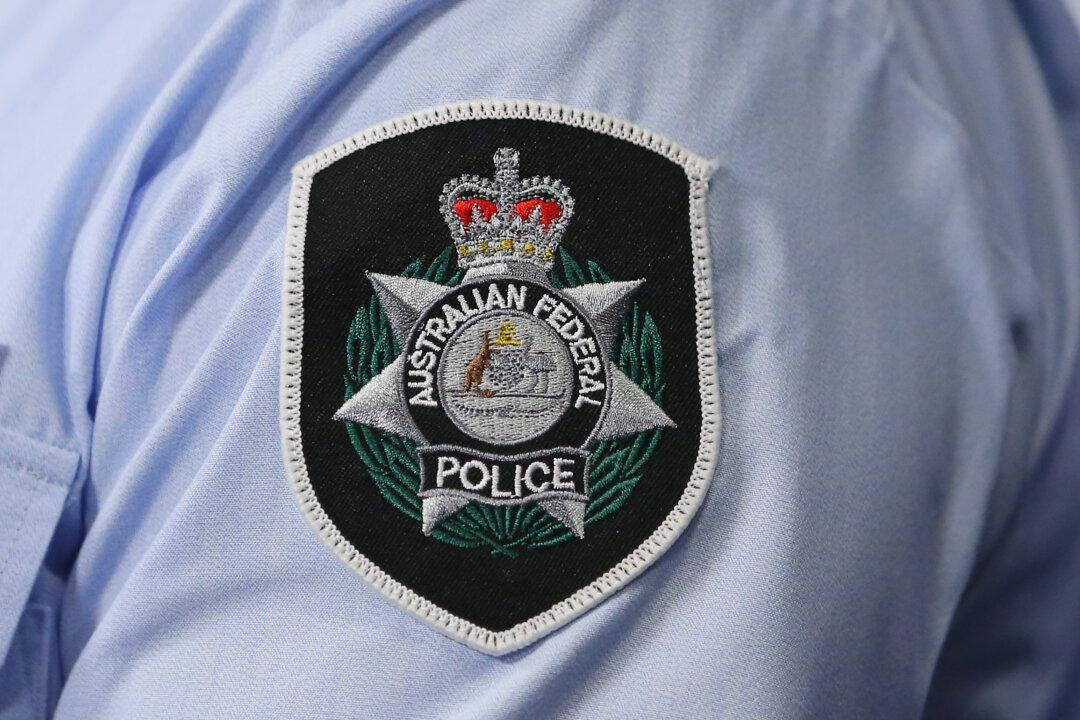The Australian Federal Police (AFP) has said that it will object to industrial actions that jeopardise the safety of the community and public officers.
This comes after the Australian Federal Police Association (AFPA) notified federal politicians on Aug. 11 about its plan to organise industrial actions in the coming weeks to protest a “toxic” pay deal proposed by the government.





